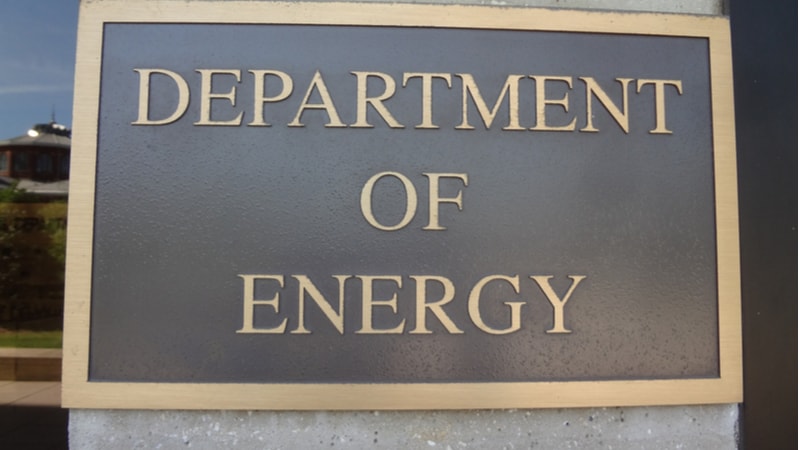
A group of Republican senators recently reintroduced legislation that would require that the Energy Department’s (DoE) Office of Cybersecurity, Energy Security, and Emergency Response (CESER) be led by a Senate-confirmed assistant secretary.
The department’s cyber office was created in 2018 and was initially led by a Senate-confirmed assistant secretary. But the office is currently headed by an unconfirmed director, the senators’ press release notes.
The March 22 legislation – introduced by Sens. John Barrasso, R-Wyo., Jim Risch, R-Idaho., Susan Collins, R-Maine, and Mike Crapo, R-Idaho – cites cybersecurity threats posed to the energy sector by foreign adversaries.
“China and Russia threaten our nation’s cyber security,” said Sen. Barrasso, who serves as the ranking member of the Energy and Natural Resources Committee. “Our energy grid and pipeline network are too important to be left vulnerable to attacks by such hostile nations or rogue actors. The Department of Energy plays a critical role. The Department needs a Senate-confirmed head of its cyber office to help counter these threats.”
The bill calls for an amendment to the DoE’s Organization Act – established in 1977 – to assign certain functions to the assistant secretaries of Energy relating to “energy emergencies and energy security.”
The Republican lawmakers want to assign responsibilities to the assistant secretary of energy that include “infrastructure, cybersecurity, emerging threats, supply, and emergency planning, coordination, response, and restoration.”
The bill also calls for the position to provide “technical assistance, support, and response capabilities with respect to energy security threats, risks, and incidents” to state, local, or Tribal government or energy sector entities.
“CESER’s leadership never should have been downgraded from assistant secretary in the first place – not when attacks on America’s critical energy systems are only growing in size and severity,” said Sen. Risch. “The leader of CESER must be restored to assistant secretary to put the U.S. in the best possible position to track and mitigate national security threats.”
CESER was created in 2018 by the Trump administration. The office was initially led by a Senate-confirmed assistant secretary, but the Biden administration changed the designation of the office’s leader to an unconfirmed director.
“Properly combatting cyberattacks on energy infrastructure is critically important,” said Sen. Crapo. “By requiring Senate confirmation for this role, we ensure the position holder remains committed to the tasks at hand as opposed to caving to the political whims of the appointing administration.”
“The U.S. Department of Energy plays a significant role in our national security by managing our nuclear infrastructure and conducting cutting-edge research on emerging energy technologies,” said Sen. Collins. “Having an assistant secretary in charge of maintaining cybersecurity helps to focus the agency’s attention on protecting sensitive information and mitigating threats from hackers. By mandating this Senate-confirmed position, we can ensure this role is raised to the level of importance it deserves which ultimately will better safeguard our critical energy infrastructure and intellectual property from adversaries and cybercriminals.”
Barrasso introduced a similar version of the bill to elevate the head of CESER in June 2021, but that legislation did not advance beyond the Senate Energy committee by the end of the 117th Congress.
